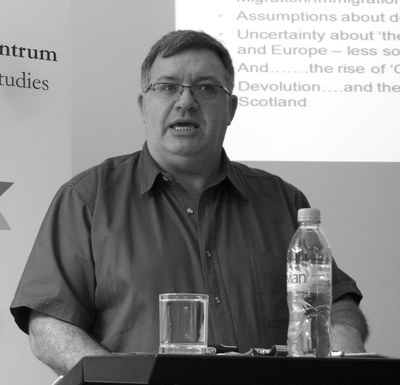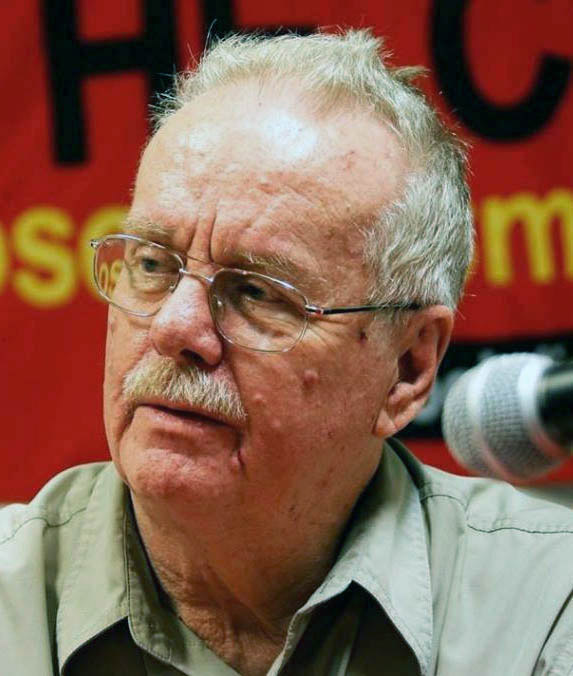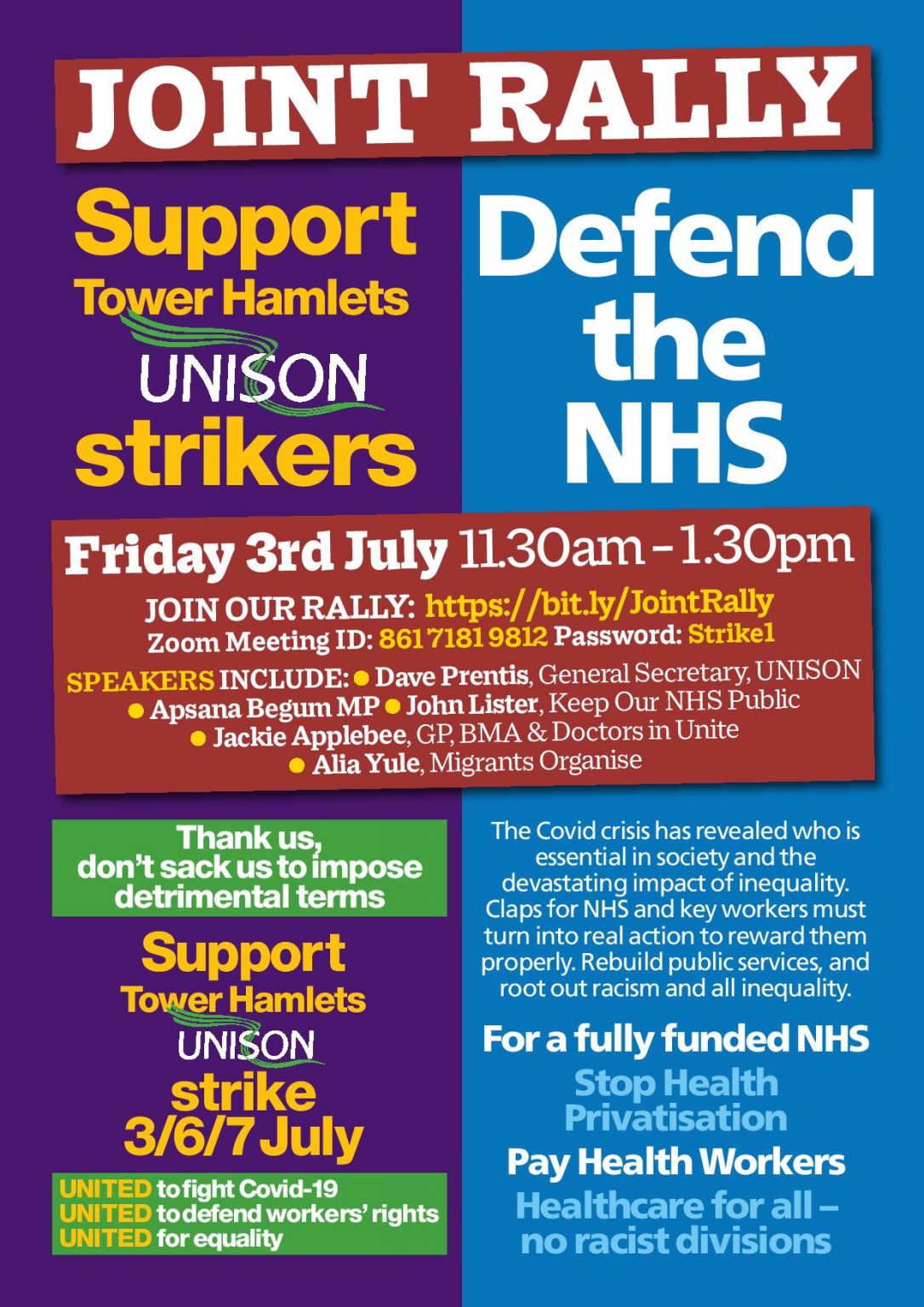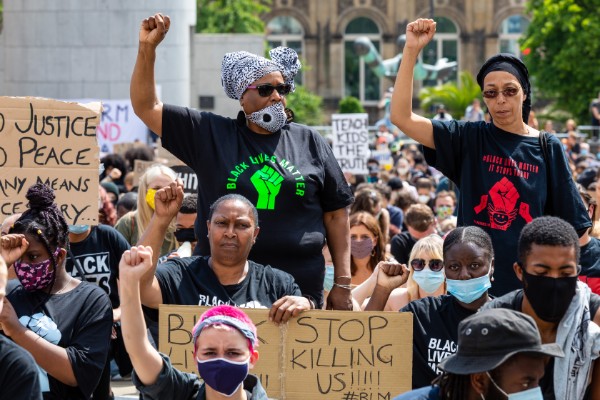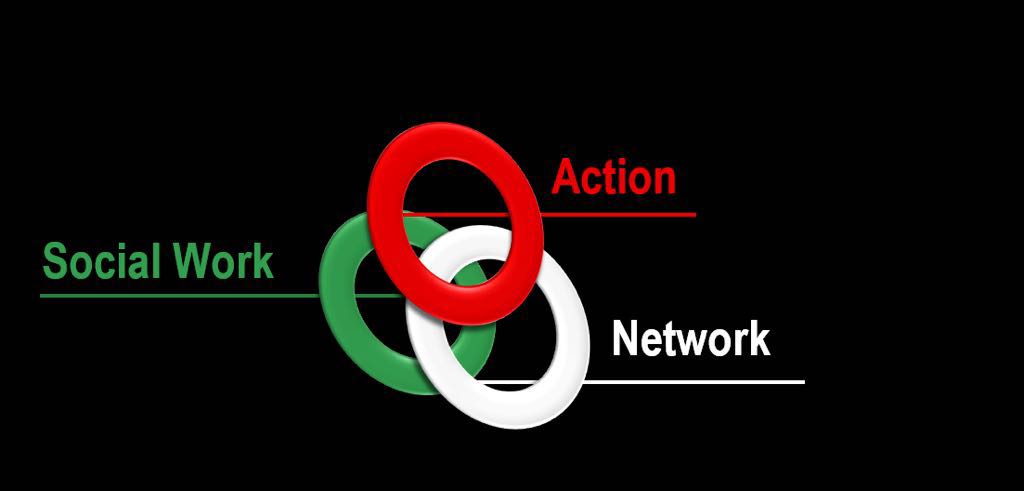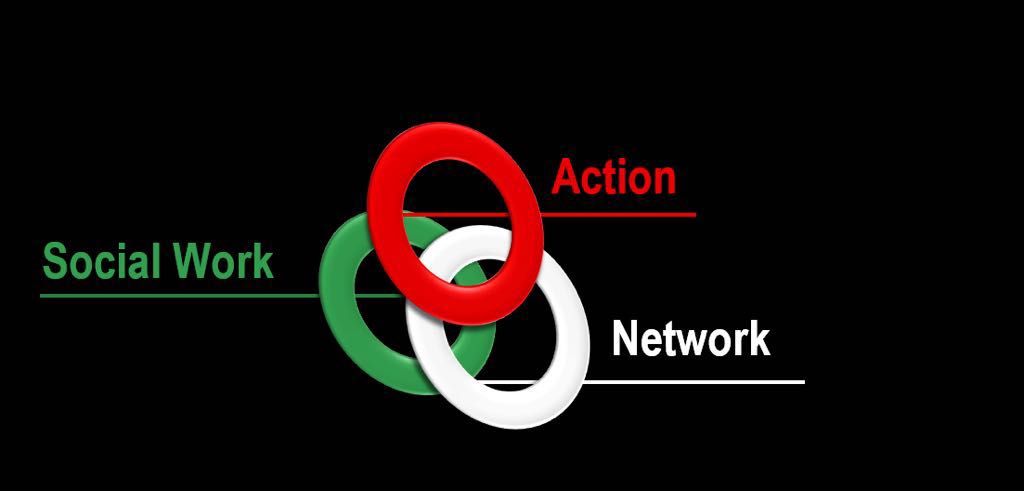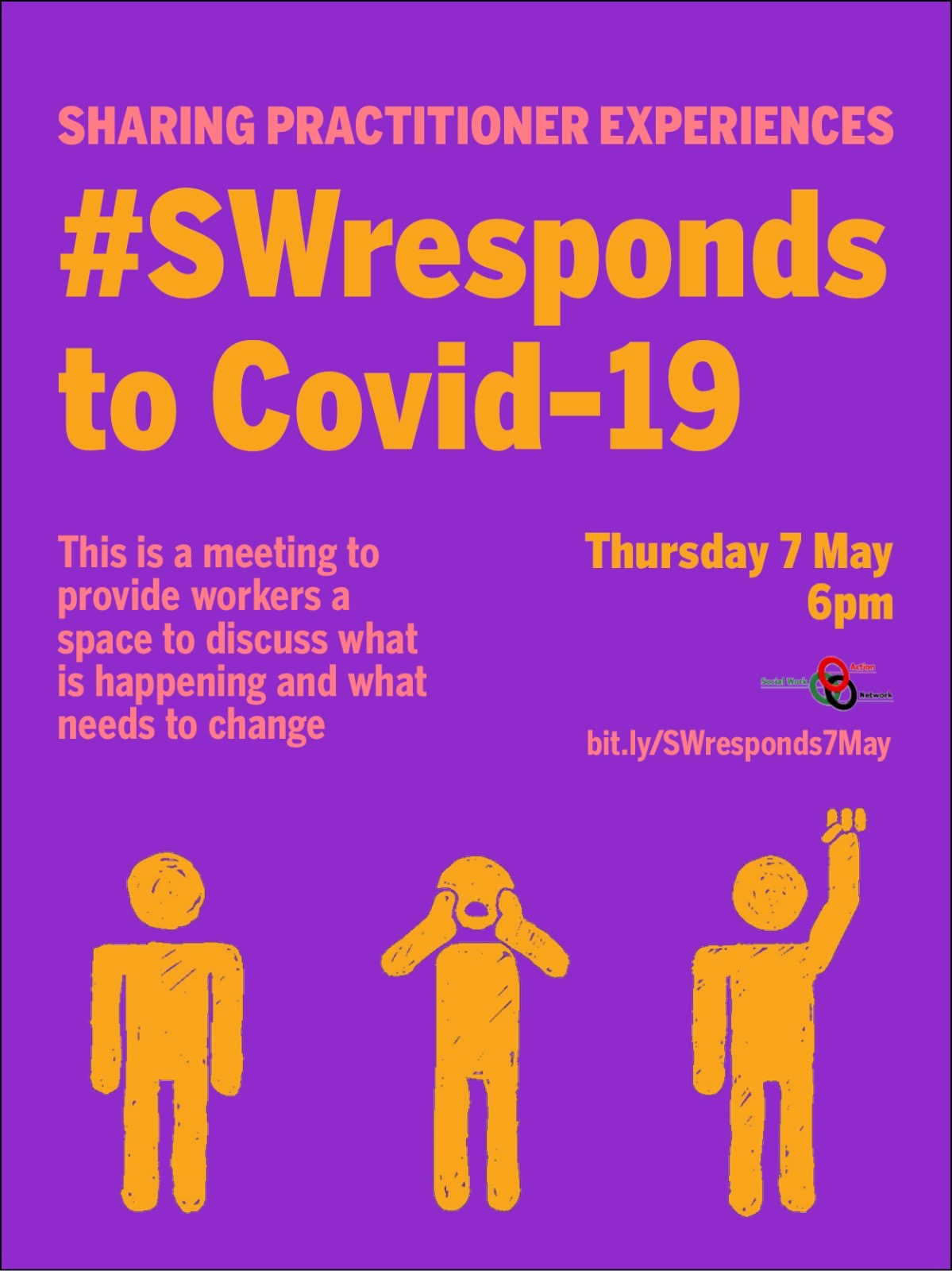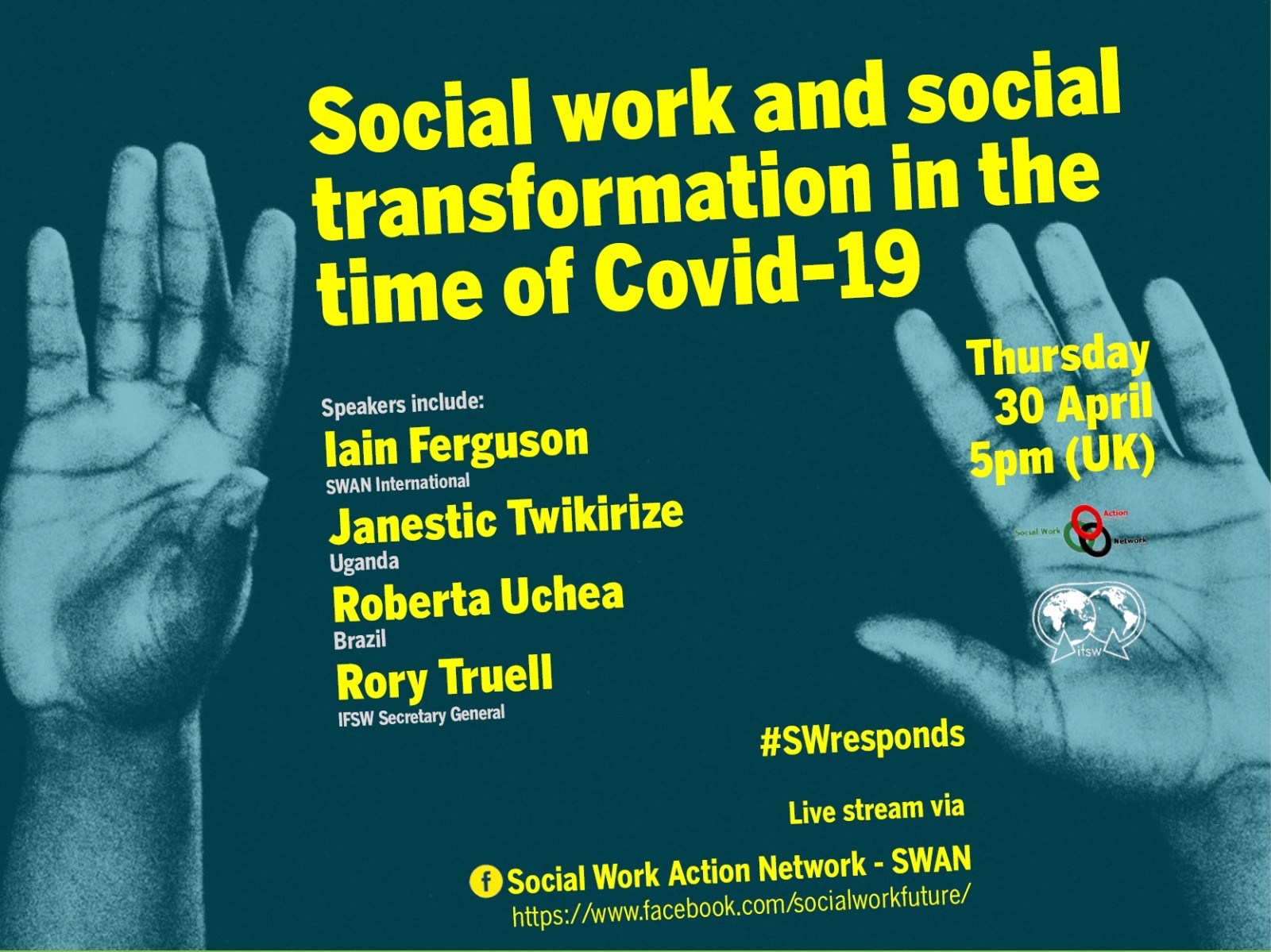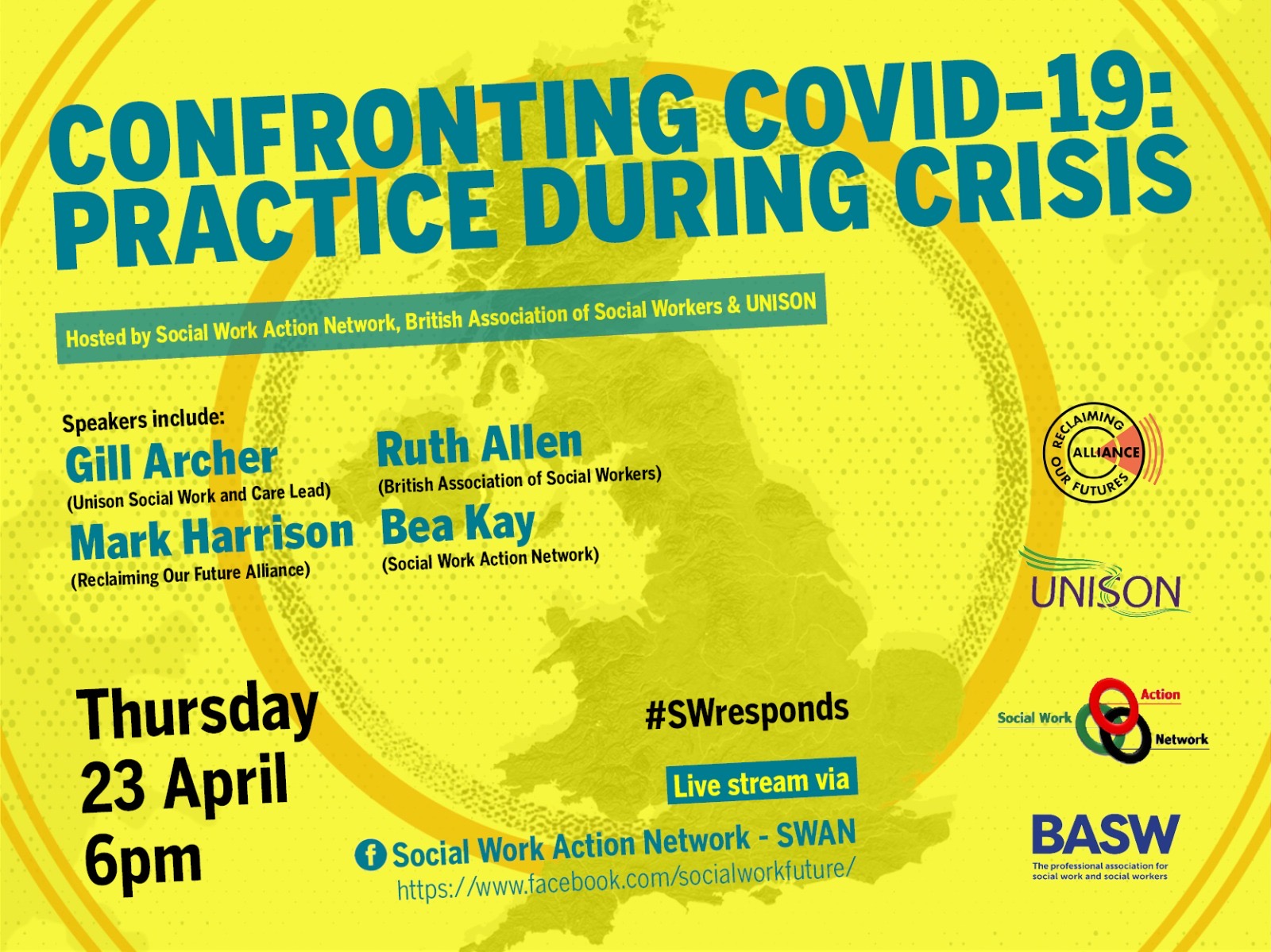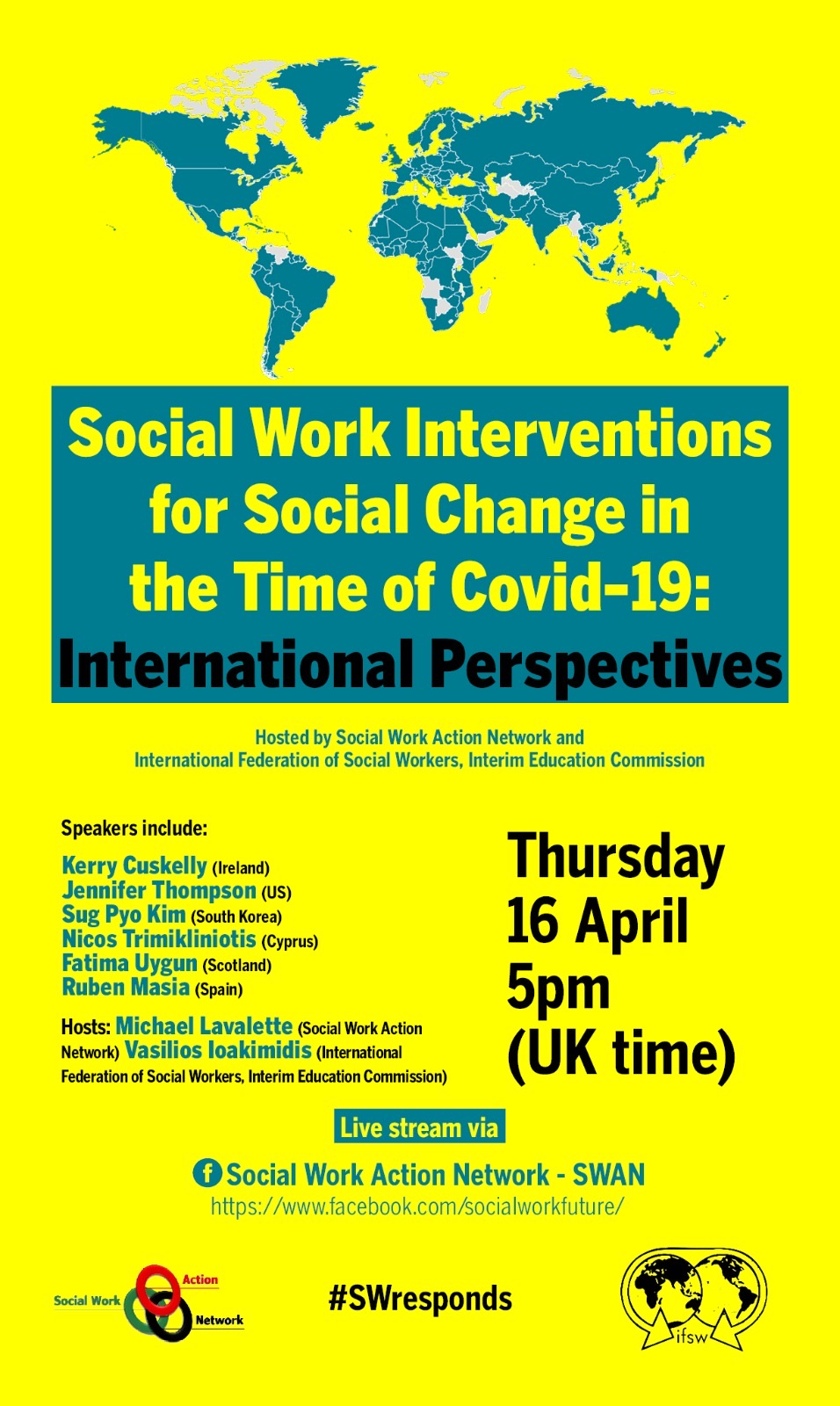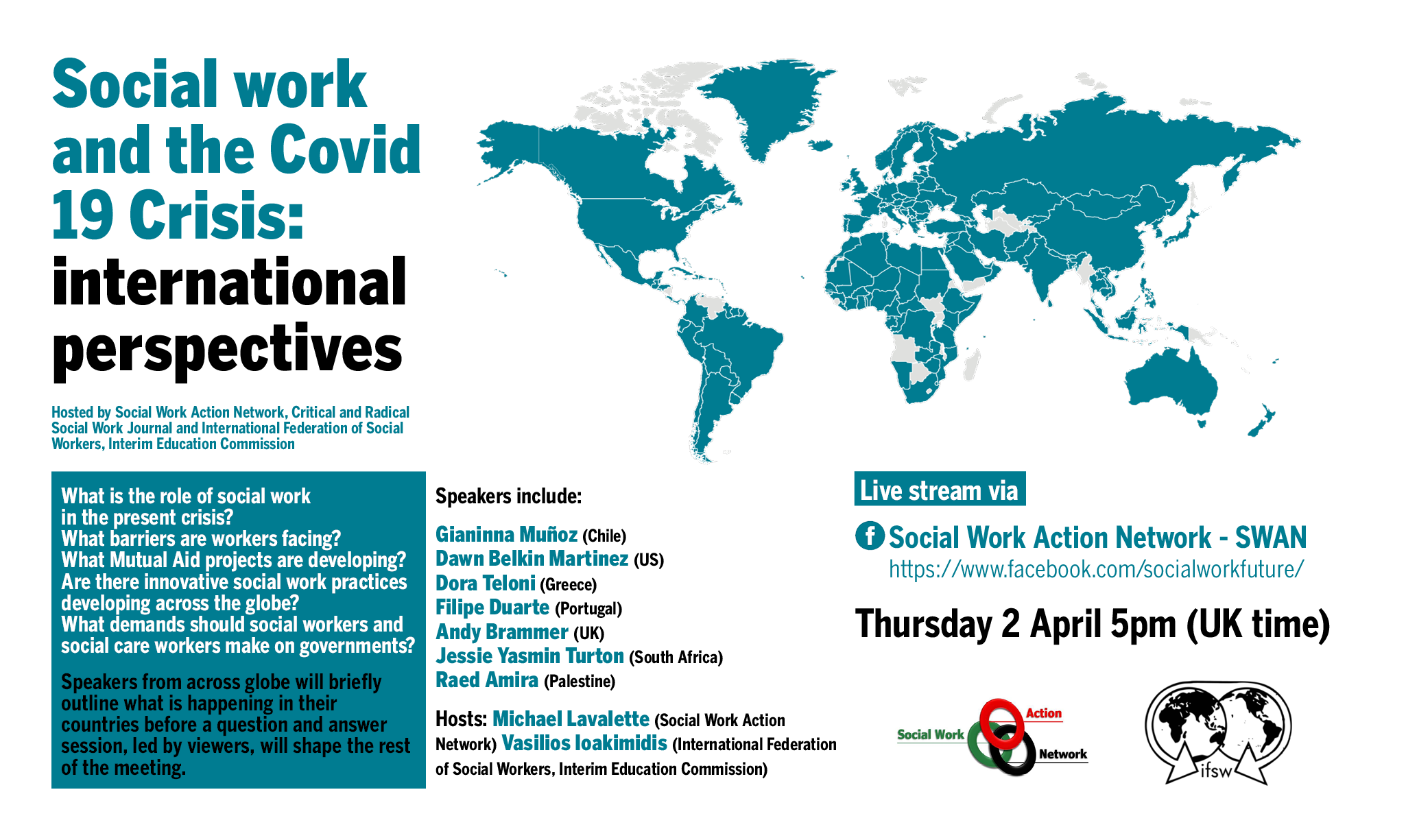Gerry Mooney is a Senior Lecturer in Social Policy and Criminology at the Open University and author on social policy, poverty and welfare.
Author: rory
INTERVIEW: Ian Angus, Ecosocialist
Ian Angus is a independent scholar, activist, author and educator. You can find more on Ian Angus and ecosocialism here.
Solidarity with Unison strikers in Tower Hamlets
Following an arduous period of contract negotiations between Unison and Tower Hamlets Council, workers will now be taking industrial action on the 3rd, 6th and 7th July with a view for further dates in the future. The council has been determined to sack 4000 employees and re-engage them with severe contractual changes, which the union had hoped to avoid through a review process by ACAS however the council has decided to proceed regardless. Prior to the lockdown announcement workers had planned to strike however circumstances prevented this from occurring.
This comes at a time where austerity has ripped apart local budgets and services across the UK, and where council workers have been at the frontline during a global pandemic. Solidarity and resistance are going to be key going forward in many fronts – Social Work Action Network sends its solidarity to the strikers to beat back the Labour council pushing through this vicious attack of sack-and-reemploy against those for whom many in the streets clapped for during Covid-19.
Let’s be clear, this is a disgusting move to force people to engage with a contractual change that allows the Labour council to reduce expenditure as they prepare for tightening budgets and manoeuvres to cut out the unions. Any cut has an impact not only on workers but the communities too – this is a distinctive period where social workers have to come to the fore and fight for a justice economically and politically.
Following the wave of Black Lives Matter protests across the world and the disproportionate deaths of BAME communities, this move by the council will impact BAME workers heavily and only reinforces institutional racism in society. Unison had requested the impact this move would have on BAME and women staff and have found the subsequent Equality Impact Assessment to be misleading as the changes in contract do not deliver this.
UNISON Black Members Coordinator, Mick Smith : ‘ The Council’s behaviour in relation to the EQIA (Equality Impact Assessment) is very troubling and smacks of wilful concealment. Recently the ‘Black Lives Matter’ movement (BLM) has thrown a spotlight on how damaging structural racism and inequality is on the life opportunities of certain communities. While the Chief Executive, Will Tuckley, and Mayor John Biggs have appeared eager to publically align themselves with BLM by putting out statements and having photos taken at statue removals; they have steadfastly refused to ensure that necessary independent scrutiny of the impact of Tower Rewards on BAME and women staff can be completed. Anyone who wants an example of how structural racism and inequality operates in practice need look no further than this.’
There will be socially distanced picket lines at the council sites that will remain open during the strike and online rallies hosted by Unison. You can send your messages of solidarity via https://bit.ly/31sJlj
STATEMENT: Black Lives Matter
“It is our duty to fight for our freedom
It is our duty to win
We must love and protect each other
We have nothing to lose but our chains”
Assata Shakur
The Social Work Action Network International (SWAN-I), a coalition of social work organizations and activists across the globe, stands in solidarity with our social work colleagues in the United States and with protesters all over the globe who are fighting against institutional racism and police brutality and for a better world.
As a value-based profession, we are horrified at the events over the last two weeks; from the execution of George Floyd, an unarmed black man by Minneapolis police officers, to the brutal murder of Ahmaud Arbery by racists in Georgia. Yet these tragedies were completely predictable. They are the inevitable consequences of institutional racism whose roots go back to founding of the United States.
Institutional racism is responsible for Breonna Taylors’ murder in her own home by Louisville police and for a black man being reported to the cops for daring to challenge a white woman while birdwatching in Central Park New York. Our system of racial capitalism causes African Americans, Latinx, and Native Americans to die of Covid–19 at much higher rates than whites, experience greater levels of poverty, and increased risk of housing evictions.
These systems of oppression are worldwide; from Brazil, to Chile, to Palestine. Yet worldwide, racial capitalism, settler colonialism, and imperialism are being unmasked by a new global movement which is standing in solidarity with the victims of institutional racism and insisting that Black Lives Matter. Frederick Douglass an African American Abolitionist, said “Power concedes nothing without a demand. It never has and it never will.” We demand justice for George Floyd, Breonna Taylor, and Ahmaud Arbery and all the other victims of police violence.
SWAN-I supports all individuals and communities calling for an end to systemic racism. We support efforts around the world that are working to promote alternative systems that takes care of our multiracial communities and planet. We believe that while there is no single model for radical social work, social work must be an unashamedly political project. Most private troubles have political and social causes arising from the neoliberal model of capitalism and racism, individualism, sexism and homophobia that it produces. This is true whether they are experienced individually through depression or anxiety, or collectively through police violence and substandard housing. For this reason, social work must be part of the multiracial movement for social transformation and human liberation. Another world is possible, another social work is possible!
To join SWAN-I, contact us at swaninternational@socialworkfuture.org
WATCH: Human Right Live Stream
As part of our series of live streams based on covid-19 crisis and the impact on social work practice, we focused on human rights and how during this periods these have been reduced.
We were happy to have Derek Boothy (MCA/DOLS Regional Chair Yorkshire and North Humber) Professor Luke Clements (Leeds University) & Carolyne Willow (Article 39).
We would like to thank every one who continues to participate in our meetings and we will continue to host some vital meetings that look at fighting for social justice.
Watch: Race, Racism and Covid-19
Weyman Bennett, Stand up to Racism and Gurnam Singh, Professor of social work, join Michael Lavalette in discussion around the imbalance of BAME deaths during the Covid-19 crisis.
Join Sharing Practitioners’ Experiences Online Forum
We will be hosting an online forum for social workers across the UK to discuss what is happening to social work right now during the Covid-19 crisis but also what has to change. The crisis has highlighted problems in an already stretched system that has thrown an underlying anger into a howl of rage, as social workers we need to connected to fight for a better social work and society.
You can register online via Eventbrite here. Prior to the meeting you will be sent an email with details to participate.
This will be a private meeting where you will be able to share your experience and fight back so join us and let us build the resistance to the crisis.
WATCH: SWAN & IFSW Episode 4
The fourth installment of our webinar series with International Federation of Social Workers (IFSW). We were privileged to be joined by Robert and Janestic to discuss the response and demands on social workers in Uganda and Brazil, detailing the root causes of the pandemic and the issues preexisting Covid-19. Rory Truell, secretary-general of IFSW and Iain Ferguson discussed the implications for social work internationally and the need for global campaigns and resistance not just to Covid-19 but also to neoliberal managerialism and capitalism.
We will continue to work with IFSW on webinars that tackle social work issues, more news to follow!
WATCH: Practice-focussed live stream
We were joined by Ruth Allen, British Association of Social Work, Mark Harrison, Reclaiming Our Future Alliance and Bea Kay, Social Work Action Network to discuss the specific issues relative to social work practice during this period of crisis.
Social Work Action Network is committed to radical practice and changing the profession from bottom up, as such, we will be hosting an online meeting on 7th May 2020 for workers to share experiences of their workplace and practice. You can now buy tickets for this online meeting via Eventbrite.
Watch: Episode 2 of International Perspectives
Enjoy the second in a series of international meetings with the International Federation of Social Workers in relation to social work responses to Covid-19.
We were joined with Kerry Cuskelly from Ireland, Jennifer Thompson from New Jersey, Sug Pyo Kim in South Korea, Nicos Trimikliniotis in Cyprus, Fatima Uygun from Glasgow and Ruben Masia in Spain and discussed what practice can we do during this period.
The video has had 5,000 view so far on Facebook and we would like to thank everyone who join, contributed and asked question. Our next international meeting will be on the Thursday 30th April, which will be streamed live again on Facebook and uploaded here to rewatch and share. We aim to bring a wide range of speakers from around the world who can both tackle the day-to-day practice but also the ideological and political terrains in front of us, so we are pleased to announce that our first two confirmed speakers are Rory Truell, International Director of International Federation of Social Workers and Iain Ferguson, co-founder of Social Work Action Network and author.
But we don’t stop there! Recognising that this pandemic is a international concern, we also have to look at direct action and practice within the UK. Next Thursday at 6pm we will be hosting a meeting with Unison, British Association of Social Work and Reclaim Our Future Alliance.
Stay tuned!
CANCELLED: Social Work Action Network Annual Conference
As many would have expected we have decided to cancel this year Social Work Action Network Conference due to the ongoing Covid-19 crisis. We will continue to organise online meeting such as out Social Work and Covid-19: International Perspectives, which was live streamed on Facebook and can view here https://socialworkfuture.org/watch-international-perspectives/
Not only was the video watch live by viewers from all over the world but views continue to grow. You can read the International Federation of Social Workers report here https://www.ifsw.org/almost-20000-social-workers-were-engaged-in-a-webinar-on-the-social-work-response-to-the-covid-19-crisis/
Over the coming weeks we will be developing more online meetings that will be streamed from our Facebook page (Social Work Action Network – SWAN) along with International Federation of Social Workers and other organisations, bringing together frontline workers, academics, service users and students to discuss how social work continues following this crisis. We will also be posting more videos covering a range a topics that will be posted directly onto our website and social media sites.
SO! Stay tuned and stay safe!
Watch: International Perspectives
We brought together social work activists from around the world to the discuss social work and the Covid-19 crisis through an international lens.
This is just the start of a series of live streams and videos we will be publishing, we hope to pull together the collective knowledge of social workers around the world in these discussions to find forge a path to a new social work and society.
LIVE! Social Work and The Covid-19 Crisis!
Today we will be live streaming our event Social Work and the Covid-19 Crisis: International Perspectives live on Social Work Action Network – SWAN Facebook page at 5pm UK time (event page link below).
We will be joined by several speakers from around the globe to discuss the social work and government responses within each individual country but also the challenges that social workers face in dealing with this crisis.
This is a meeting not to be missed and will begin a series of online events hosted by Social Work Action Network over the coming year.
Social Work Action Network Facebook Page
